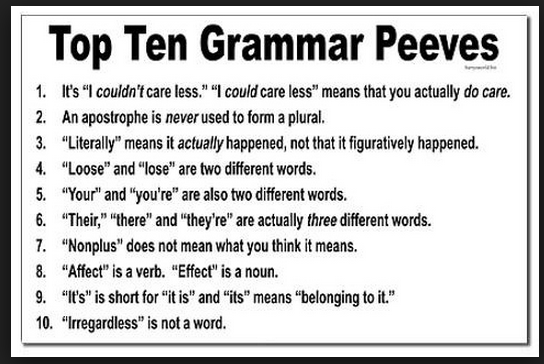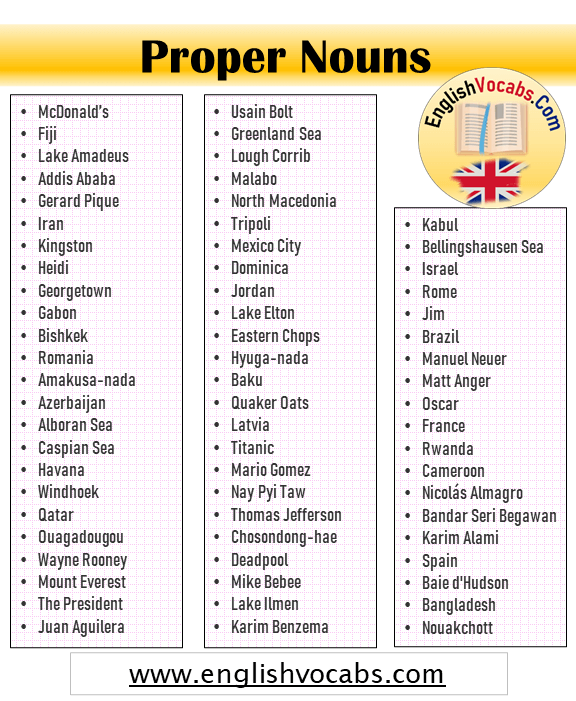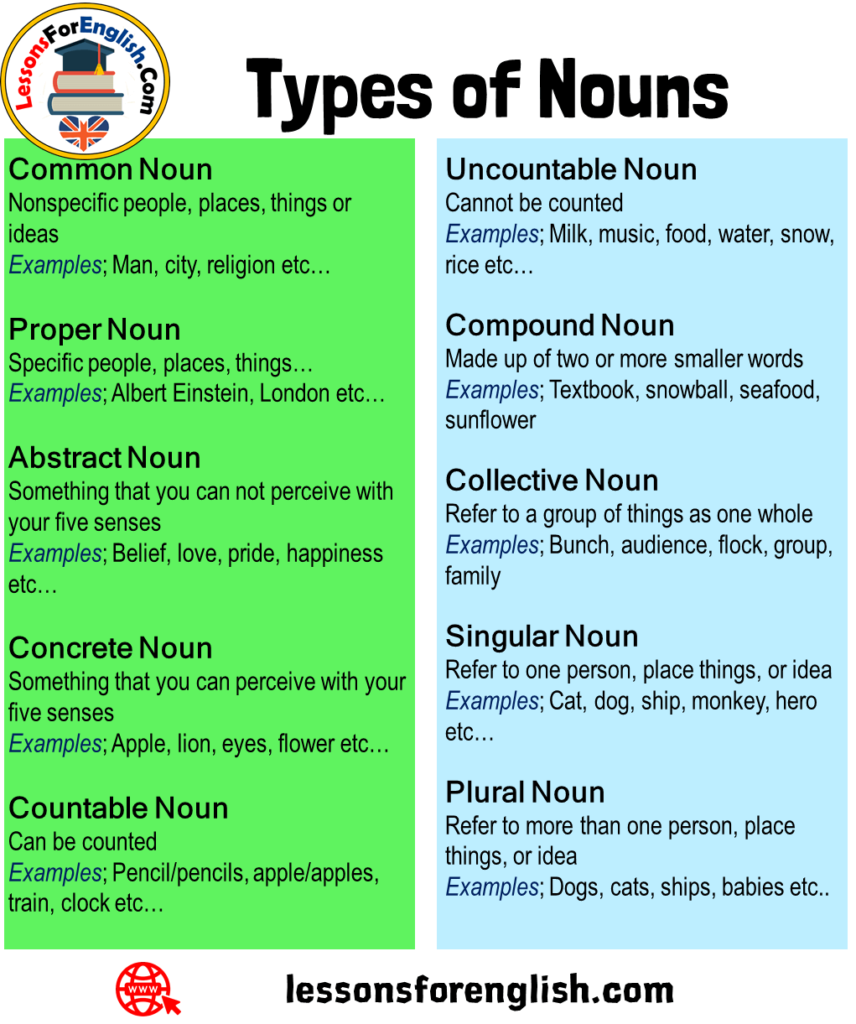

(Soviet Foreign Minister Andrei Gromyko on Mikhail Gorbachev)
This man has a nice smile, but he's got iron teeth. Here are some real-life examples of noun phrases as subjects, objects, and complements: Looking at the examples above, we can replace each noun phrase with a pronoun. We can test this because we know that a noun can be replaced by a pronoun (e.g., he, she, it, them). It follows therefore that a noun phrase functions as a noun in a sentence. (Here, the noun phrase is a subject complement following the linking verb "was.")Īs most nouns feature in noun phrases, let's look quickly at the definition for "phrase":Ī phrase has at least two words and functions as one part of speech. (Here, the noun phrase is the direct object of the verb "know.") (Here, the noun phrase is the subject of the verb "relaxes.") In each example below, the noun phrase is in bold and the head noun is highlighted. Like any noun, a noun phrase can function as a subject, an object, or a complement within a sentence. So, a noun with any sort of modifier (even it's just "a" or "the") is a noun phrase. 
Ideas: utter confusion, some kindness, your faith, the Theory of Relativity, a joy.Things: this table, our London Bridge, the sharp chisel, that nitrogen, last month, an inch, her cooking.Places: the house in the corner, inner London, dirty factory, no shelter.
 Animals: that aardvark, one rat, a shark, funny Mickey. People: the soldier, my cousin, dopey Alan, the lawyer with the big nose. In this list, every noun phrase consists of a head noun (highlighted) and at least one modifier. In real life, it is far more common for nouns to feature in noun phrases, i.e, to be accompanied by modifiers. In other words, there are no noun phrases in this example.)
Animals: that aardvark, one rat, a shark, funny Mickey. People: the soldier, my cousin, dopey Alan, the lawyer with the big nose. In this list, every noun phrase consists of a head noun (highlighted) and at least one modifier. In real life, it is far more common for nouns to feature in noun phrases, i.e, to be accompanied by modifiers. In other words, there are no noun phrases in this example.) 
(This example features two nouns without any modifiers. It is rare to find a noun functioning by itself (i.e., without any modifiers) in a sentence. In normal writing, nouns nearly always feature in noun phrases. (This is a noun phrase headed by a pronoun.) (This is a noun phrase headed by a noun.) Note: A noun phrase can also be headed by a pronoun. In a noun phrase, the modifiers can come before or after the noun.








 0 kommentar(er)
0 kommentar(er)
